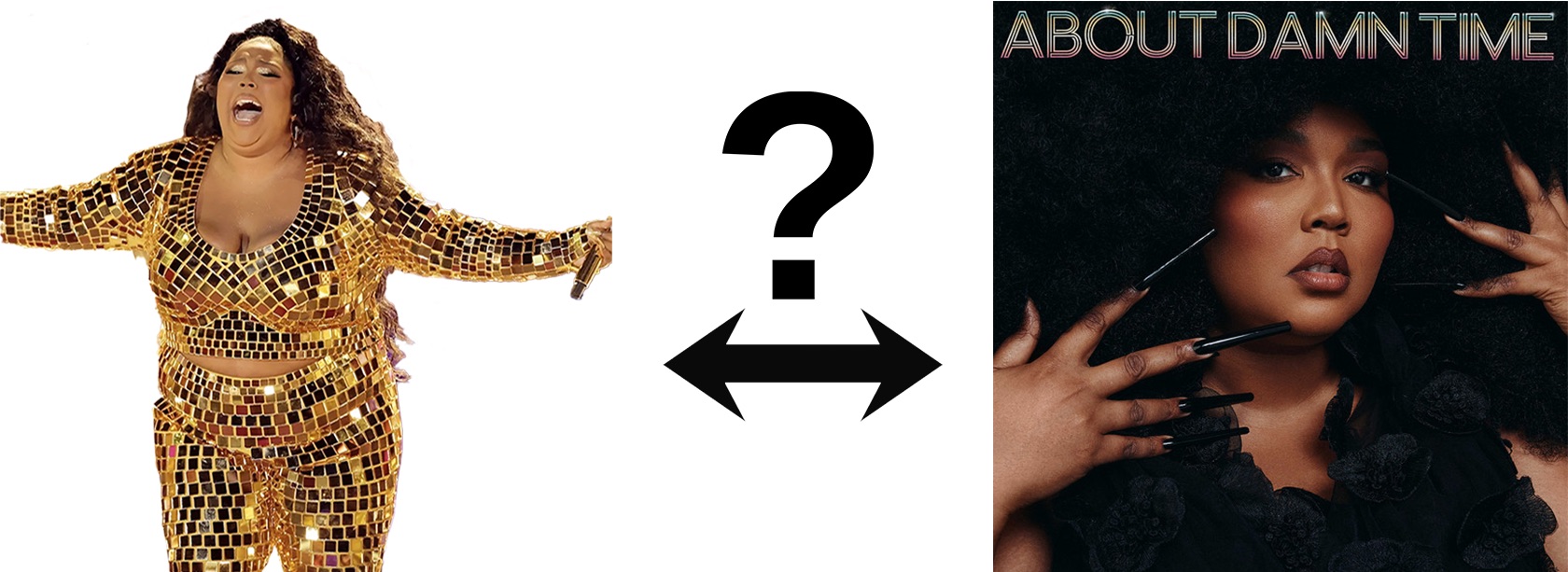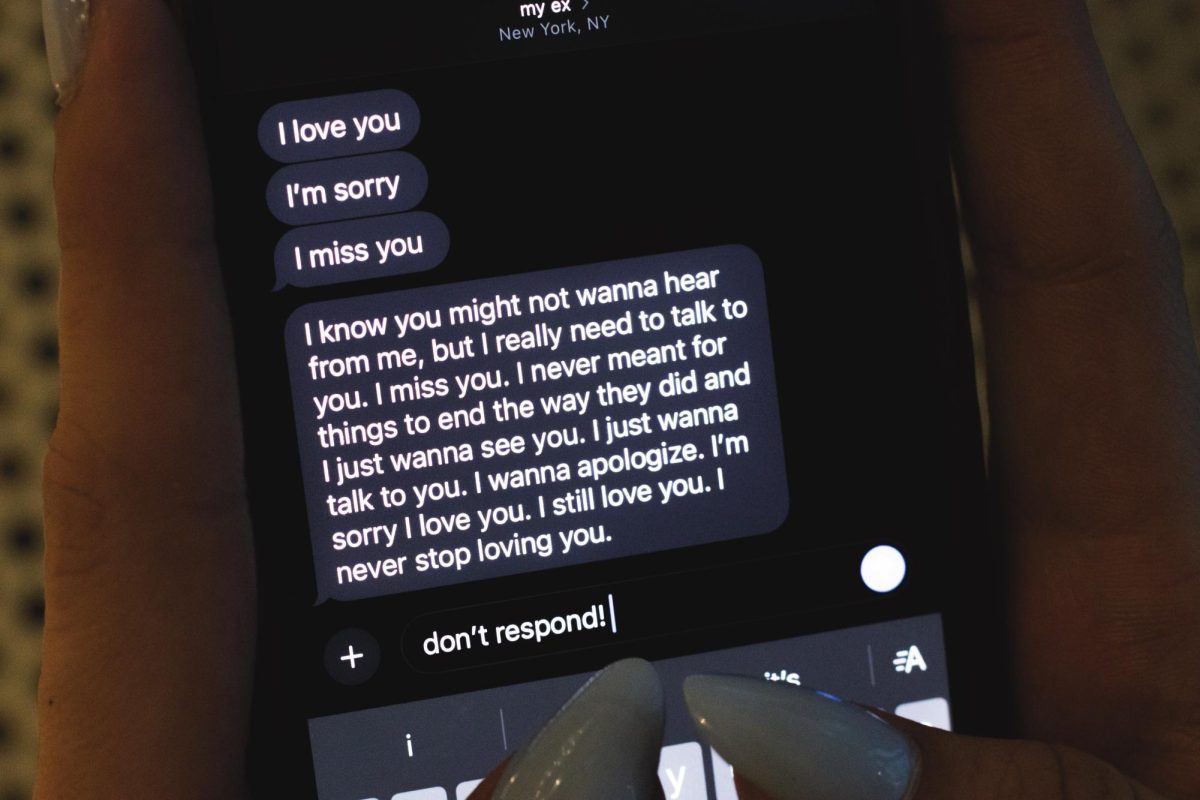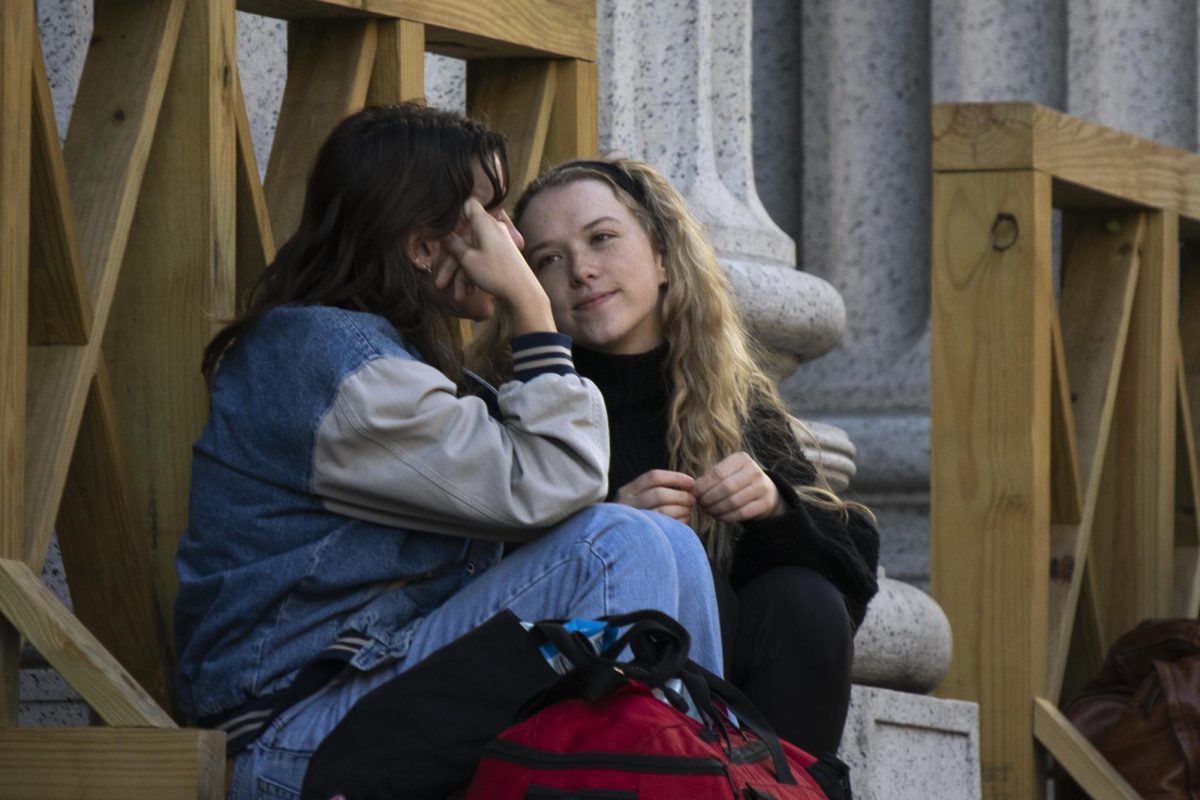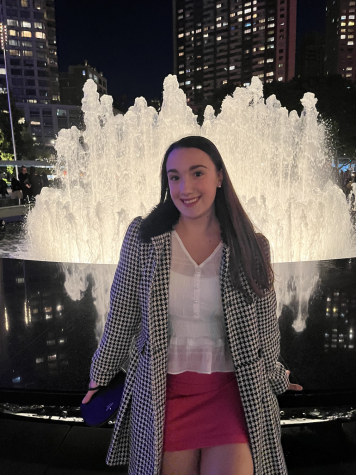In recent years, the media has become a massive presence within people’s everyday lives. With different social platforms and news outlets constantly reporting on celebrities’ lives and allowing the public to be in the loop, it’s difficult not to fall down rabbit holes of information about celebrities — digging into concerning actions they had committed or even statements they had said years prior.
This public shaming of celebrities and revelation of every mistake they made created the origin story for “cancel culture,” a contemporary phrase used to refer to individuals who have acted in a manner that is deemed unacceptable and is ostracized. Though news outlets and angry fans have been slamming celebrities left and right since the rise of global media, “canceling” was not a term that was thrown around until recently — more specifically until about in 2017; I say “thrown around” to include the myriad instances in which “cancel culture” is misused.
“Cancel culture” has become well-known within popular culture, as it applies to every form of media. Musicians, television and movie stars, and even authors have been and continue to be “canceled” for things they’ve done that have been deemed unacceptable by the public. These actions can range from the most miniscule of incidents to some of the most appalling acts.
There is a very fine line between what could be considered “redeemable” and what could be considered “irredeemable.”
But, how far is “too far” when it comes to canceling someone? When, if ever, is it acceptable to separate an artist from their art? In my opinion, the answer depends on the context of the situation; the art and the artist can exist separately in cases where the “canceled” action is redeemable and the artist’s output outweighs the severity of their action.
Because of this, there are times where separating the art from the artist is valid. If someone really enjoys an artist or another sort of influential figure’s work, it may be difficult for them to part with the art because of the action, or actions, that person committed. This could be because the consumer has a deeper connection to the work than just simply seeing it at face value, which has the possibility of meaning that they are less open to the idea of canceling the person who has created the work they are attached to.
That being said, there are two sides to the coin. One side is separating the art from the artist, and the other is acknowledging what the artist has done and extending that disapproval toward the person’s artistic output.
It can be argued that often, people simply think that celebrities need to hold themselves “accountable” for what they’ve done. The general public believes that by hearing these celebrities discuss the matter themselves and apologize, all will end up right with the world. This could be done by publicly speaking about the issue, as well as by making a video or statement that is later displayed within the media.
If the statement a celebrity gives regarding being canceled is genuine, – that is, if it seems the person is actively trying to make a change and correct their behaviors – then I believe that it is acceptable to continue following the celebrity, but remain cautious of any further problematic behaviors. If the statement is quick and seems as though it was only made to protect the artist’s reputation, then I believe it is unacceptable to continue following the celebrity, especially if there is evidence of the statement not reflecting the celebrity’s actual views or proof of the celebrity committing more harmful acts after the statement is made.
In some cases, celebrities are called out for actions that they have committed years ago, or are accused of actions that may not have even happened at all. Therefore, asking individuals with large audiences to explain themselves and acknowledge their responsibility can be tricky in situations where the action in question is ambiguous due to lack of proof or the amount of time that has passed.
The art and the artist can exist separately in cases where the “canceled” action is redeemable and the artist’s output outweighs the severity of their action.
There is a very fine line between what could be considered “redeemable” and what could be considered “irredeemable.” If a celebrity has publicly acknowledged and apologized for or tried to make a change within their life, their initial offense can likely be redeemed and a public cancellation is too extreme.
Of course, fans may still be wary about said celebrity or artist due to what they’ve done, but I believe that going so far as to completely turn against them is unnecessary when a change is seemingly being made on the celebrity’s part. However, this acknowledgement from the celebrity’s behalf is not always the case.
A recent case where fans found it difficult to see an artist in the same light involved Travis Scott and the 10 fatalities that took place at Houston’s “Astroworld” festival in 2021. News reports stated that a fatal crowd crush took place on the first night of the music festival, where victims were pinned against barriers and trampled.
This Houston Astroworld festival and the lives lost allowed me to realize that sometimes, when things are too extreme, such as when people are falling victim to acts of violence or fatal situations, you cannot separate art from the artist.
All in all, the issue of separating art from artists is seemingly opinion-based. It all depends on who is consuming the media and their views on what actions are “redeemable” and what is “irredeemable.” This should depend on the extremity of the circumstances, what the celebrity has done to speak out about or draw attention to the issue at hand and the type of connection that the individual has to the celebrity’s work.
If there is a celebrity whose work I really enjoy and I found out that they’ve done something minor, but owned up to it and made a change, then I see no issue in continuing to follow them while still being cautious. As for a celebrity I like who has committed a crime or has serious allegations against them, I find it much harder to look past these standards and, more often than not, decide not to support them anymore.






